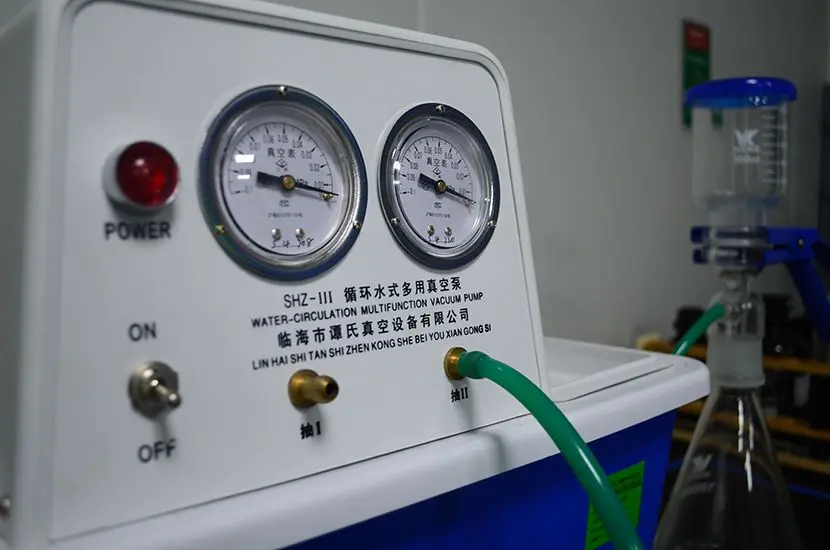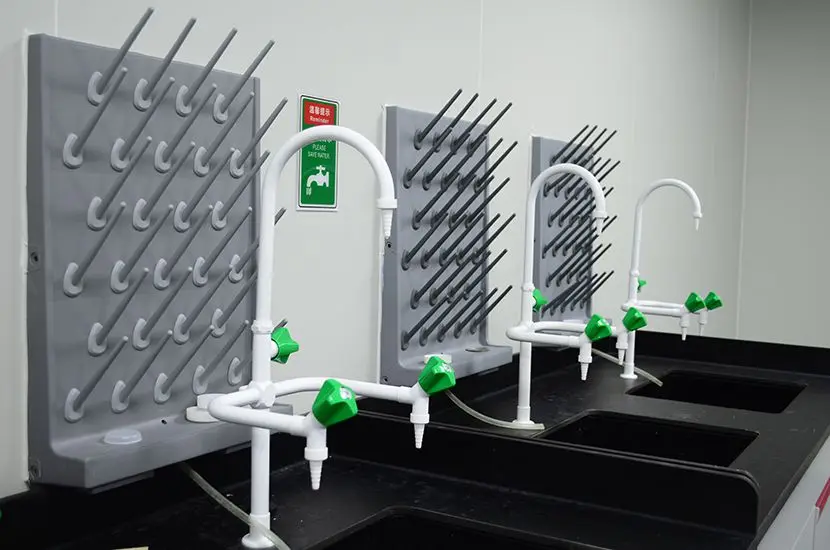
Electric Scooter Reliability Testing Lab
Electric scooters have emerged as a popULar mode of transportation in recent years, especially in shaRED mobility services. With their ease of use, eco-friendliness, and high maneuverability, they have gained significant popularity among young people. However, due to certain safety risks, proper regulation and usage have become important topics of concern.

Testing Standards
Electric scooter IEC testing typically follows these standards:
- IEC 63281-2-1: Electric transport devices – Part 2-1: Safety requirements and test methods for passenger-carrying electric transport devices. This standard covers mechanical safety, electrical safety, functional safety, and anti-tampering aspects.
- iec 62133: Lithium-ion battery testing, certification, and validation. This standard applies to lithium-ion batteries used in electric scooters.
Testing Procedures
IEC testing for electric scooters generally includes the following aspects:
Electrical Safety Testing
- Insulation Resistance Test: Verifies the insulation performance between electrical system components.
- Dielectric Strength Test: Simulates electrical safety performance under high-voltage conditions.
- Grounding Resistance Test: Ensures the reliability of the equipment’s grounding system.
Battery Safety Testing
- Overcharge Test: Verifies battery safety under overcharging conditions.
- Over-discharge Test: Verifies battery safety under over-discharge conditions.
- Short Circuit Test: Simulates battery safety performance in a short circuit scenario.
- Vibration Test: Assesses battery stability and safety under vibration conditions.
- Temperature Cycling Test: Simulates battery performance changes under different temperature environments.
Control System Testing
- Controller Functionality Test: Checks whether all controller functions operate correctly.
- Controller Safety Performance Test: Simulates controller safety performance under failure conditions.
Mechanical Safety Testing
- Strength Test: Assesses the overall strength and durability of the equipment.
- Collision Test: Simulates the safety performance of the equipment in crash scenarios.
Electromagnetic Compatibility (EMC) Testing
- Electromagnetic Emission Test: Ensures that the device’s electromagnetic emissions comply with standards during normal operation.
- Electromagnetic Immunity Test: Verifies the device’s stability and safety in an environment with electromagnetic interference.
Email:hello@jjrlab.com
Write your message here and send it to us
 Cost of U.S. FDA CFR 21 177.2600 Test Report
Cost of U.S. FDA CFR 21 177.2600 Test Report
 How much does the IP44 Compliance Test cost
How much does the IP44 Compliance Test cost
 What is LFGB Test
What is LFGB Test
 What does LFGB certified mean?
What does LFGB certified mean?
 Weee authorised representative germany
Weee authorised representative germany
 Where to Apply for 2026 Air & Sea Transport Ce
Where to Apply for 2026 Air & Sea Transport Ce
 Guide to IEC Test Reports for Lighting Exports
Guide to IEC Test Reports for Lighting Exports
 IEC/EN 62471 and IEC/EN 62778 (Photobiological Saf
IEC/EN 62471 and IEC/EN 62778 (Photobiological Saf
Leave us a message
24-hour online customer service at any time to respond, so that you worry!




